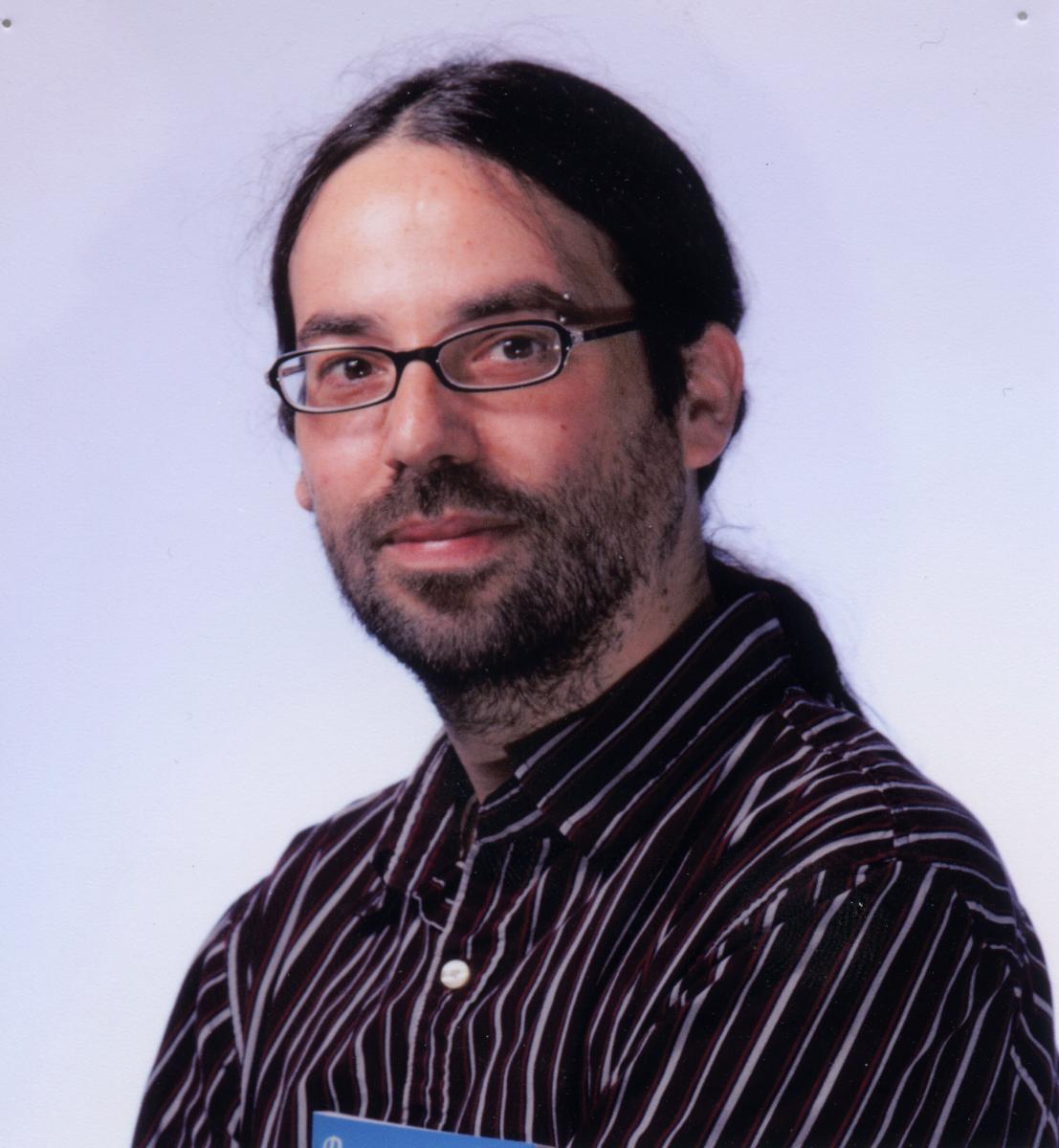
Philip Schwadel, PhD
University of Nebraska-Lincoln
Professor of Sociology
Expertise:
PoliticsPoliticsSocial ChangeSocial Changesociology of religionsociology of religionStratificationStratification
BIO
Philip Schwadel’s research explores the changing nature of Americans’ religious and political perspectives, addressing changes over time and between generations. He has examined how higher education and social status influence religious belief. He searches for social influences, emphasizing how religious congregations, social networks, age, time and other social contexts influence religion and politics. He holds a Ph.D. from Pennsylvania State University, where he was a postdoctoral researcher with the National study of Youth and Religion for two years. He has been a faculty member in UNL’s Department of Sociology since 2005.
My research focuses on religion and politics in the United States, with an emphasis on social status, social contexts, and social change. The association between social class and religious beliefs, practices, and affiliations has been a long-standing interest of mine, going back to my dissertation. My research also explores the changing nature of Americans’ religious and political perspectives, addressing both temporal and generational changes. Combining these areas of research, some of my work examines generational changes in the association between social class and religious and political perspectives. Always looking for the social influence, my work emphasizes how social contexts of various kinds—including religious congregations, social networks, and generational and temporal contexts—affect religious and political outcomes. Information on my publications can be found at my Google Scholar and Researchgate pages.
Current Research
Building on the work I did with the Pew Research Center while on leave from UNL in 2018-2019, I am now returning to some of my earlier work on adolescent religion in the U.S. I plan on writing a series of articles looking at the role of religion in school, how teenagers navigate religion among their friends, and the prevalence and consequences of religious bullying in school.
At the same time, I am continuing to use existing survey data to further explore the associations between religion and politics and the changing nature of American religion. This research focuses on the direct and indirect effects of religious affiliations and beliefs on political outcomes such as party affiliation, political tolerance, and views of government spending. I also have an ongoing project on social networks in churches. My colleagues and I have collected network data in three churches. I plan to continue this line of research with both additional churches and additional waves of data collection within the same church.
Most recently, I have been working with colleagues in psychology to examine the social-psychological consequences of religious disaffiliation. The proportion of Americans who have no religion has grown tremendously—from about 7% in 1990 to between a quarter and a third of the population today. Our work examines how Americans who leave religion often retain some of the psychological dispositions associated with being religious. We refer to this as the “religious residue effect.”
Current Teaching
I teach various courses on religion, including Sociology of Religion, Sociology of Global Religious Diversity, and a graduate seminar on religion. I also teach Social Problems, Sociological Theory, and the graduate-level publications seminar.
Student Opportunities
I regularly publish with graduate students. For instance, I recently published work on religious change among lesbian, gay, and bisexual young adults in the United States (with Brandi Woodell, former UNL graduate student and current faculty member at Old Dominion University) and on changes in the effects of social class on political tolerance (with Christopher Garneau, former UNL graduate student and current faculty member at University of Science and Arts of Oklahoma). I have works-in-progress with graduate students (current and former) on political messages and support for environmental initiatives, on the association between the religious makeup of a community and the prevalence of hate crimes, and on the effects of education on support for capital punishment. I also plan to do more with the data we collected on social networks in churches, with opportunities for student involvement.